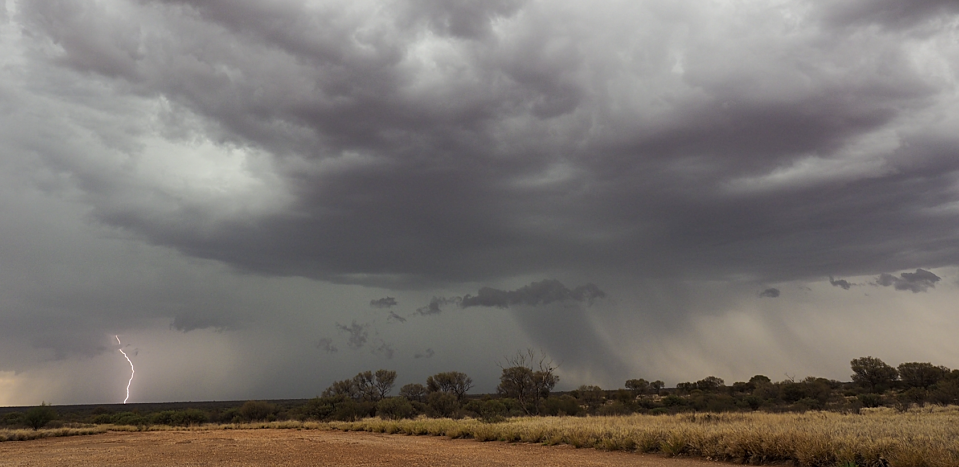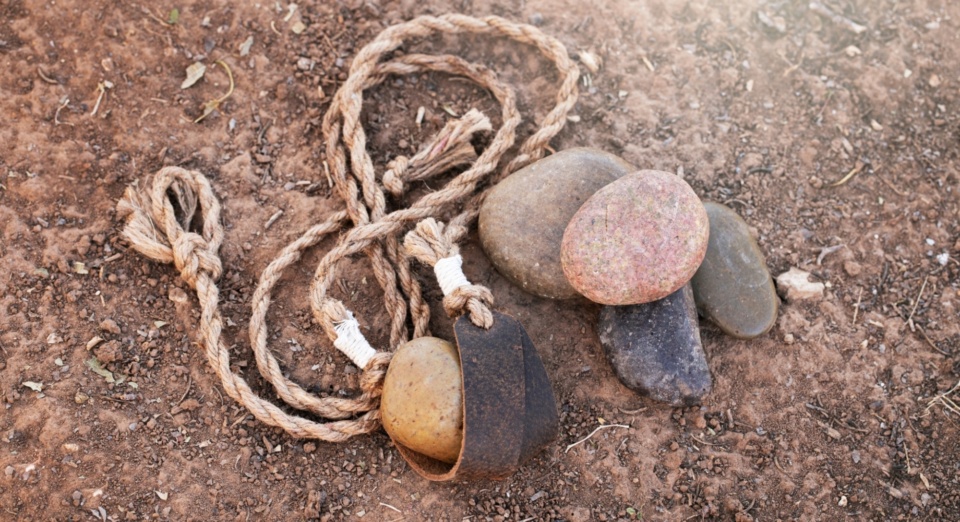
An election surprise, a Press Club debate, and investment inertia: 2025 in review
Posted on 10 Dec 2025
What a year 2025 has been, particularly at a national level where the Parliament and politics as we…
Posted on 04 Mar 2025
By David Crosbie

When it comes to building safe, resilient and caring communities, greed is far from good, says Community Council for Australia CEO David Crosbie.
I’m not sure when profit became a God, prosperity a measure of personal merit, and greed a virtue. We may have been heading that way for a while, but in recent times it seems this has become a dominant ideology. When all that matters is the deal, the well-being of humanity becomes irrelevant.
This personal greed approach has for some time been impacting the future and safety of our world, our environment, our health care, our education, our housing, our justice systems, and the fundamental work of charities. Now it underpins much of our public discourse.
The world seems to have forgotten the many lessons about the inter-connectedness of our communities and our world taught by covid and "unprecedented" climate disasters.
We watched on this week as powerful leaders in the free world sacrificed the international rule of law on the altar of business deals. The question we’re apparently all meant to be asking is “What’s in it for me?”
I’ve had the privilege of sitting through presentations from respected and knowledgeable economists talking about how Australia is becoming a less productive nation partly because our "non-market" industries have increased in size. Seriously.
The issue that connects these concerning developments is the way we value and measure what it is to be a successful human and a successful society.
Productivity is a good example of how our measures of success distort what matters. Economists refer to market employment and non-market employment. Most people in the charities sector work in the non-market economy, areas like health, education, social welfare and aged care.
Non-market employment in Australia is growing and now accounts for around one third of all employment in Australia. For economists, this is a problem, because it results in lower productivity.
To understand this perspective, let’s look at staffing in an aged care facility. If a nursing home looked after 200 permanent high-needs residents with a total equivalent full-time (EFT) staff of 25, the quality of care would be significantly lower than if there were 100 EFT staff.
From a productivity perspective, the 100 staff model is way less productive than the 25 staff model, even though most of us would recognise 25 staff is totally inadequate and would almost certainly mean higher levels of morbidity and mortality among residents.
From an economic perspective, the 100 staff model represents a productivity loss: 75 additional staff to produce what economists see as the same economic outcome. It also represents a loss of profit: you can make more money if you lower the standard of care.
It’s not just the way we measure our success or failure that’s distorted by narrow economic thinking, it’s the broader approach to what is valuable.
"We now face a challenge in Australia. We can’t allow the rich and powerful to convince us that all that matters is the deal."
Time and again we see excessive profit-driven behaviour from fossil fuel industries, gambling companies, alcohol producers, pharmaceutical companies, media and communications companies, and many of their highly paid advisory companies.
I know there are some good actors in these industries, and obviously not all business or profit-making is bad, but all too often making money is the imperative, the essential measure of success.

I could fill several books with examples of the egregious behaviour of some of these companies. Suffice to say that at times they have directly contributed to loss of life and wellbeing. And that’s just the cases we know about from what’s been publicly prosecuted in the courts or the media.
Confronting the loss of human values is a difficult task. As a values-driven and informed sector, what can we do to shift the public and political narrative in Australia so that more of our work is valued, despite it not offering increased profits or productivity?
CCA has now prioritised working to shift the narrative on what is important to our sector, the communities we serve, and our nation.
Drawing on the values work CCA did a decade ago in writing the first Australia We Want report, and with the support of the AMP Foundation, at CCA we are now investing more of our limited time and resources in rewriting The Australia We Want with the latest data.
The Australia We Want is grounded in 13 core values: just, fair, safe, inclusive, equal opportunity, authentic, creative, confident, courageous, optimistic, generous, kind and compassionate.
These values have been translated into measurable outcomes – indicators such as incarceration rates for the value "just", the way income is distributed in Australia for the value "fair", how safe women feel walking alone at night for "safe".
We now face a challenge in Australia. We can’t allow the rich and powerful to convince us that all that matters is the deal.
And there is no better time than during an election campaign to prosecute the case that embracing fundamental human values and investing in the full realisation of human potential is the key to strengthening our communities, our nation, and our world.
CCA looks forward to joining you on the campaign trail.
David Crosbie has been CEO of the Community Council for Australia for the past decade and has spent more than a quarter of a century leading significant not-for-profit organisations, including the Mental Health Council of Australia, the Alcohol and Other Drugs Council of Australia, and Odyssey House Victoria.

Posted on 10 Dec 2025
What a year 2025 has been, particularly at a national level where the Parliament and politics as we…

Posted on 26 Nov 2025
Charities and not-for-profits can be outstanding advocates for their cause, their community, their…

Posted on 12 Nov 2025
Managing a charity or not-for-profit in Australia is often more complex than it may appear. On any…

Posted on 29 Oct 2025
One of the most contentious debates across many areas of human services is the for-profit versus…

Posted on 28 Oct 2025
Workers in the not-for-profit sector lift up communities, care for those in crisis and do work that…

Posted on 08 Oct 2025
The cost of climate change's impact on Australian life is increasingly well documented. The…

Posted on 08 Oct 2025
The Wurundjeri Indigenous people who live in and around Melbourne understand their environment as…

Posted on 30 Sep 2025
I am proud of what Our Community, and its exceptional team, have achieved in the past 25 years. As…

Posted on 24 Sep 2025
If a business ran the government, a corporatocracy would likely emerge, prioritising profit over…

Posted on 09 Sep 2025
This has been another big week in the evolving story of tech oligarchs versus Australia, profit…

Posted on 03 Sep 2025
The problem with the NDIS is not autistic families or children, says Annabel Rattigan, a leadership…

Posted on 27 Aug 2025
It used to be that businesses could concentrate on profits, profits and profits, only playing in…